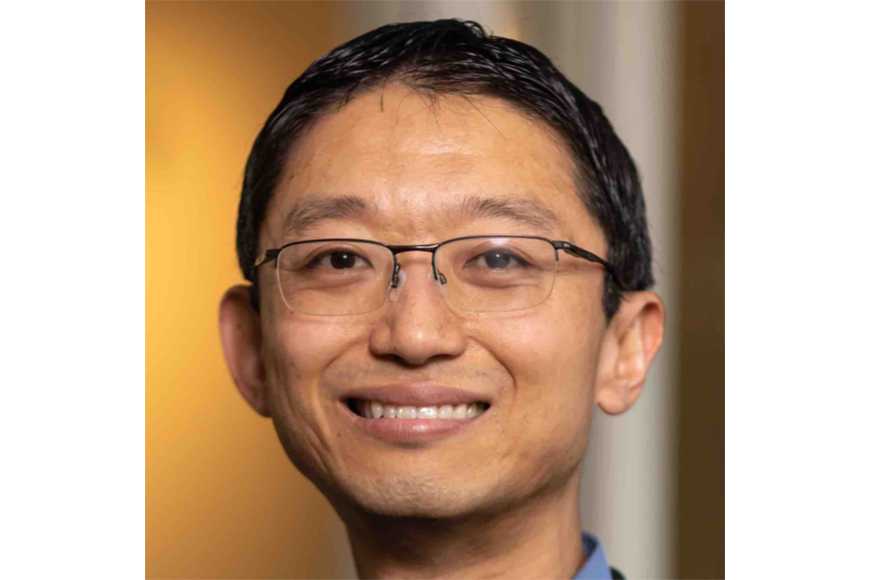Cross-linguistic Influence in Toronto Heritage Cantonese: It’s More Than Just Transfer
224 Church Street Se
Minneapolis,
MN
55455
Heritage language phonetics and phonology has emerged in the past decade as a growing area of linguistics research (Rao 2024). One issue that has developed in this emerging field is cross-linguistic influence. To what extent does a dominant language influence a heritage language (ex: via structural transfer) or could differences between heritage speakers and monolingual baseline speakers be better accounted for in terms of language internal factors? If there is influence, what is the nature of this influence?
In this talk, I address these questions using a sociolinguistic approach. The empirical focus will be on Toronto Heritage Cantonese, which is spoken in a community in which English is the dominant language. An important aspect of the sociolinguistic approach I describe is a focus on spontaneous speech data. The data comes from the Heritage Language Variation and Change (HLVC) in Toronto project corpus (Nagy 2011), which includes sociolinguistic interviews and audio recordings of an ethnic orientation questionnaire and picture identification task. The approach I take also involves making multiple sets of comparisons including inter-generational (Gen1 vs. Gen2), cross-linguistic (English vs. Cantonese), and cross-community (Toronto vs. Hong Kong). These comparisons make it possible to address questions related to language variation and change in a contact setting.
I will highlight some of the major findings of both published and ongoing research on Toronto Heritage Cantonese. This includes 1) the development of allophonic splits, 2) cross-linguistic phonetic assimilation, and 3) sound change motivated by low functional load. I will argue that these speech production patterns all involve distinct forms of cross-linguistic influence. This includes sound change motivated by low functional load, which is a process that has also been described in monolingual contexts. What appears to be transfer from a bird’s-eye view may be better understood as an epiphenomenal consequence of several distinct processes that are facilitated by the broader sociolinguistic conditions of language contact. While the observed speech production patterns could also be described as forms of contact-induced change, they also challenge the traditional distinction between internally and externally motivated change.
Holman Tse is an Assistant Professor of Linguistics in the Department of Literature, Language, and Writing at St. Catherine University in St. Paul. His research takes a sociolinguistic approach to the study of sound change in language contact settings. Much of his work has focused on Heritage Cantonese. He was a 2023 recipient of St. Kate’s Denny Prize in Distinction in Writing which was awarded for one of his research publications. His degrees include a PhD in Linguistics from the University of Pittsburgh, an MA in Linguistics from the University of Chicago, and a BA in Anthropology from the University of California – Santa Cruz.
You can attend this event either in person in Ford 175, or remotely. To attend remotely:
- Sign up for the Colloquium listserv: you will receive an email about every event, including virtual meeting information when the event is remote or hybrid
- Request to receive information for this event only
